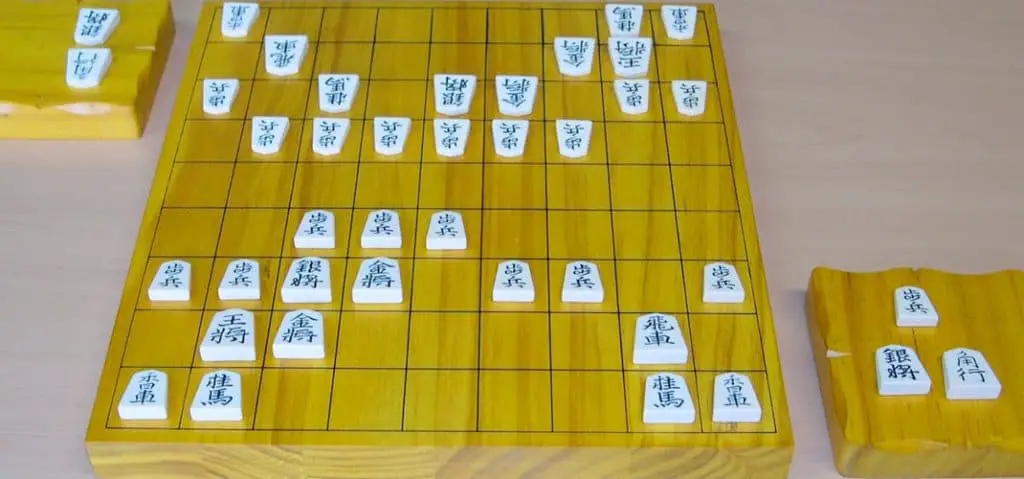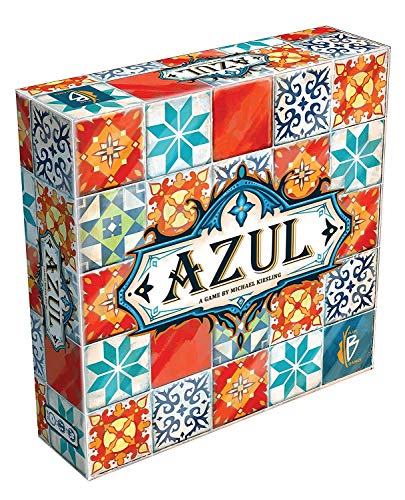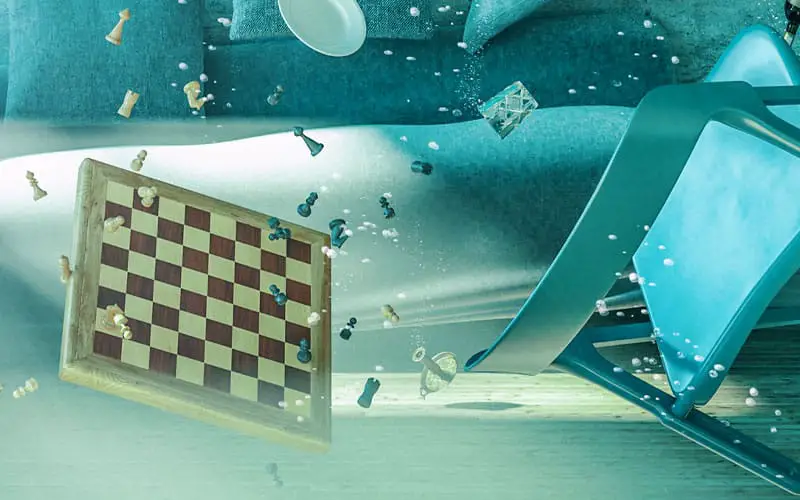Chess has been having quite a year. From earlier this year when chess exploded on Twitch thanks to streamers like GMHikaru and the Botez sisters, or the more recent release of The Queen’s Gambit, there’s an incredible number of people who are just getting into chess for the first time, or trying to pick up the game once again.
Chess is a little tricky to figure out when you’re just getting started, and it can take a lifetime to master. Many find the pursuit of chess mastery to be challenging, enlightening, and a fun way to push themselves. There are numerous places to play online against other people and to keep track of your ELO, including Chess.com and Lichess. But what about when you’re in the mood to play something like chess, that isn’t necessarily chess?
It’s Okay If You Don’t Love Chess… There Are Plenty of Board Games Like Chess
Some strategy games like Risk have been compared to chess in certain ways, but besides involving strategy, there’s a world of difference including elements of chance or luck.
But that’s okay, we’ve put together a selection of other games like chess that you can pick up, whether you love chess and you want to explore similar games, or you hate chess and you want to explore some alternatives to chess. These games are going to be like chess in different ways, but they’ll all share some common characteristic, or at the very least they’ll touch upon certain aspects of chess that are worth pursuing across other titles.
Try These Games Like Chess
Here are 5 games like chess that are worth checking out! Some of these are modern board games that you can buy at a local shop or on Amazon, and other ones are more traditional/generic games that you can also purchase in a number of places, and have been released by a number of different companies.
5. Shogi

- Players: 2
- Time: 60-90 Minutes
- Mechanics: Grid Movement, Piece Capturing
- Complexity: 8/10 Theme: Combat
The ancient game of Shogi is probably the closest game to Chess you can find. It caries a lot of similar mechanics, but adds in others like the ability to capture opponents pieces and have them on your side, which makes stalemates or ties much less common.
Shogi is played on a 9 by 9 board, with each player having their set of playing pieces that have unique movement rules. The objective of the game is to place the opponents King in a check-mate by ensuring it has no safe moves left. The addition of unit capturing, as well as the “promotion zone” which flips your tiles over to a stronger unit on the other side make this one of Chess’ most complex variants.
4. Hive (2000)

- Players: 2
- Time: 20 Minutes
- Mechanics: Grid Movenent, Tile Placement
- Complexity: 5/10 Theme: Insect Warfare
| Preview | Product | Price | |
|---|---|---|---|
 | Hive- A Game Crawling With Possibilities | $33.26 | Buy on Amazon |
John Yianni’s award winning Hive is an abstract strategy game where each commands an arsenal of insects with the goal of surrounding their opponent’s Queen. It plays out like a hybrid of Chess and Go, allowing for a lot of deep strategy.
A great benefit to Hive is that it contains no game board, so you can play on any surface without any set-up. Play pieces are placed next to others and all have unique ways of moving. A very simple game that’s easy to learn yet hard to master.
3. Go

- Players: 2
- Time: 30-180 Minutes
- Mechanics: Piece Placement, Piece Enclosure
- Complexity: 9/10 Theme: Strategy
The ancient game of Go has been touted as one of the most strategic board games available, with an active competitive community that has thrived for thousands of years. Each player is given a couple handfuls of stones as they take turns placing them on the intersections of a 19 by 19 grid, with the objective of trapping and capturing their opponents stones.
On the surface Go looks easy as players only have to place a single stone on the board every turn. However, the strategic value of this game cannot be understated. Even though learning how to play Go can take only a few moments, it can take a lifetime to master.
2. Azul (2017)

- Players: 2-4
- Time: 30-45 Minutes
- Mechanics: Tile Drafting, Tile Placement
- Complexity: 4/10 Theme: Palace Decoration
| Preview | Product | Price | |
|---|---|---|---|
 | Azul Board Game - Strategic Tile-Placement Game for Family Fun, Great Game for Kids and Adults, Ages... | $31.99 | Buy on Amazon |
Michael Kiesling’s Azul was one of the breakthrough hits of 2017, and for good reasons. Players were drawn to it’s aesthetically pleasing design and great replay value. One of the great unique aspects of Azul is it’s theme, which places players in ancient Spain as a Portuguese ruler became fascinated with the Spanish decorative tiles. Wasting no time, he ordered his men to compete in an attempt to replicate the beautiful tile-work.
In Azul, players take turns drafting color tiles and then taking turns placing them on the board, trying to maximize their point value. Trying to keep in mind which combinations your opponent can play, as well as ensuring your design comes out the way you envision can be a difficult task. In the end, the player with the most points (and most beautiful tile-work) becomes the victor.
1. Onitama (2017)
- Players: 2
- Time: 15-20 Minutes
- Mechanics: Grid Movement, Hand Management
- Complexity: 4/10 Theme: Combat
| Preview | Product | Price | |
|---|---|---|---|
 | Onitama Board Game, 2 players | $34.02 | Buy on Amazon |

Chess enthusiasts will appreciate the simple yet deep game-play of Onitama. Much like in chess, players aim to take over each other’s pieces by moving onto them. In this game players display their possible moves in the form of open move cards. When one of these are played they are then swapped with the one remaining card.
Shimpei Sato’s Onitama is a game that requires a great degree of planning and critical thought. Players must always be careful when making moves, as they need to remember that any card they use will soon be given to their opponent. The first player to move onto their opponents main pawn wins the game.
Have You Tried Any Other Games Like Chess?
Let us and your fellow readers know if there are any games like chess that you enjoy, and what the similarities are that you appreciate. Sometimes, one game will be a perfect alternative to chess for someone, yet someone else will hate it for the same reasons. It’s one thing to recommend a game because it’s similar to another game, but it’s fun to really dig in and figure out what the connections are.

